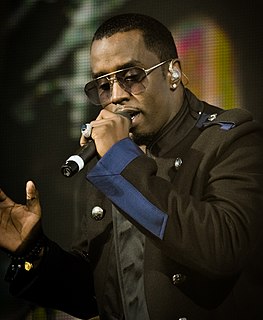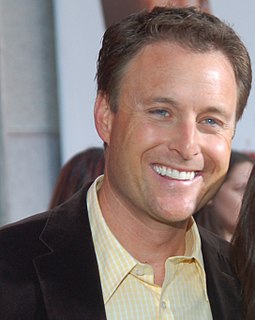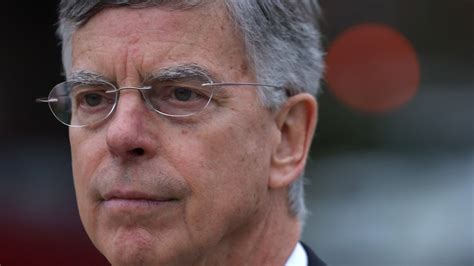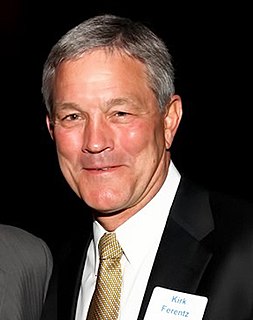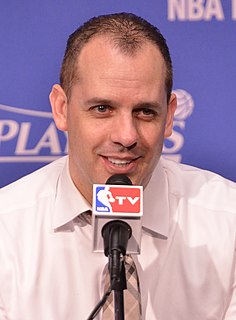A Quote by John Lasseter
At Pixar, 'Wall-E' was our ninth film, and they've all been successes - more than that, they've all really touched people. Everybody wonders, 'How do you do it?' Well, how do you not do it? You just work hard.
Related Quotes
I've always loved film more than theater, and film may be more closely related to making a record because you have that ability to go in and do your work and have no judgment around it, and feel honest. Then, much later, it's presented to people. But in theater, people come backstage after a performance and you're about to do the same play again the next night, and people say, "Well, I didn't really believe that emotion" or whatever. It's really hard for me, I like to be closed up and just do the work.
Over the Christmas period, I spent time with both Bob Hawke and Paul Keating, and you listen to stories and tales of how hard it can be when it's really hard, and I think we easily all talk ourselves into the proposition that it's never been as hard as this. Well it's been hard in the past. It's been really hard. So you keep doing it and, the more you do it, the more you gain strength and confidence that you can do it.
To tell you the truth, I hadn't seen any Pixar until I went to see 'Wall-E,' and I watched it and I was shocked to see how adult it was, with the setting in our lives, both present and future, and how they dealt with it... And then quite relieved to find that the one I was working on, 'Up,' how adult it was.
You just have to work really hard and throw everything into it. ... It's really hard to be an artist, and even if you do work really hard, there's no guarantee about anything. There's no advice you can give someone that things will somehow work out, but you can talk to people about how they can make art a big part of their life.
My hope is that the film Wall Street 2 will actually serve as a way for us to bridge that gap between Wall Street and Main Street. Certainly that's dealt with in the film of how it does affect everybody, so, you know, I always find that when you can create a movie or a play or a book that gives somebody a safe theoretical place to discuss what is really going on in the day it tends to forward discussion, so that would be my hope coming out of the film.
I am always struck by how difficult it is for people to see how much cruelty they are bringing not only upon animals but upon themselves and their loved ones and other people, how much we are screwing up the planet, how much we are hurting our own health, how hard it is to change all that, how eager people are to make a buck at everybody else's expense - all those things are discouraging.
The film room teaches you how to do the job, how to study the game, how to teach the game from film. How to create an advantage for your team by knowing your opponent, and all their plays and tendencies. And there's no better guy in the world that I've been around than Jim O'Brien at breaking down film.



